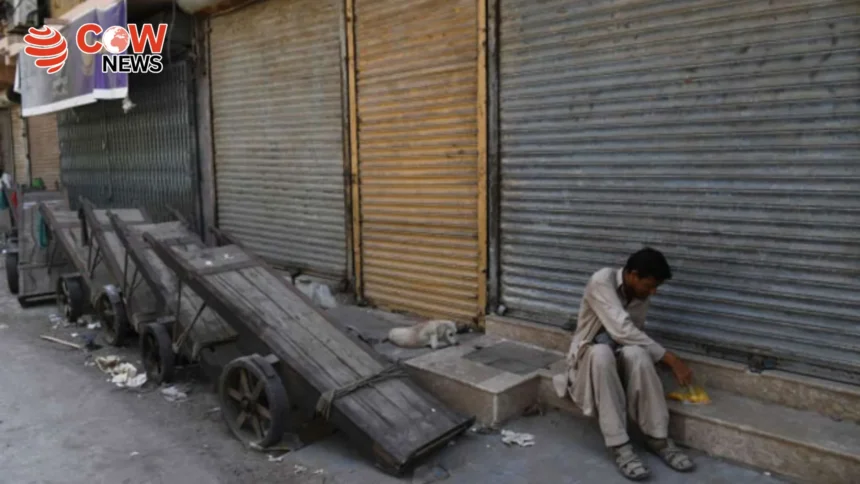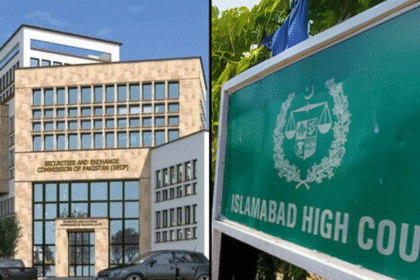Karachi ( The COW News Digital)Pakistan’s business community remains divided over a nationwide strike scheduled for today, as tensions rise between different chambers of commerce and trade bodies. While the Federation of Pakistan Chambers of Commerce and Industry (FPCCI) and several trade organizations have postponed the strike following talks with the government, the Karachi Chamber of Commerce and Industry (KCCI) has vowed to go ahead with the shutdown.
The disagreement follows intense negotiations with government representatives, including Prime Minister’s special assistant Haroon Akhtar and the Federal Board of Revenue (FBR) chairman. FPCCI President Atif Ikram Sheikh, speaking at a press conference, confirmed that the government has shown flexibility on key clauses in the Finance Bill and Sales Tax Act. He claimed that the administration had accepted all major demands of the business community.
“Our job is to bridge the gap between business leaders and the government. After positive discussions, we see no reason to strike today,” said Sheikh. “Recommendations from our meeting will be sent to the Prime Minister for final approval.”
Sheikh further asserted that most chambers across the country, including those in Islamabad, Peshawar, and Gujranwala, were in agreement with FPCCI’s decision. However, he clarified that any calls for protest made by individual groups do not reflect the stance of the broader business community.
Saqib Muggo of FPCCI also emphasized that the current decision came after thorough consultation. “We are on the same page with Anjuman-e-Tajiran Pakistan for the first time,” added Ajmal Baloch, a senior trade leader. He stated that the government had assured resolution of all business concerns within a month.
Despite this, KCCI President Javed Balwani announced the chamber’s decision to proceed with the strike. “We were not given any written commitments by the government, which was a condition set by our members,” Balwani said. “If no documentation is provided, further strikes will follow.”
This internal rift underscores a growing lack of trust in government assurances and a divide in strategy within Pakistan’s business community. While some stakeholders are willing to wait for promised reforms, others remain skeptical without formal documentation.
Originally, a collective strike was planned for July 19 to protest certain fiscal policies and taxation measures. Now, the fractured response raises questions about the unity and direction of Pakistan’s business sector in navigating economic policy challenges.







